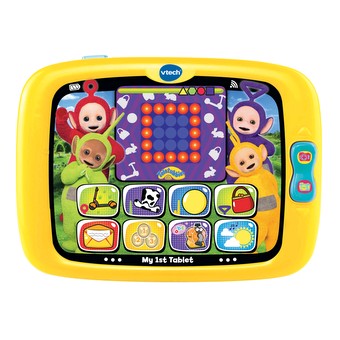Why Join VTech Club?
Joining is free, fast and full of great benefits, such as:
- Promotions and offers
- Monthly £1,000 prize draw*
- Regular competitions
- Special offers for our members
Added benefits
- Register your VTech products
- Apply to be a Product Tester
-
Shop
AgeBaby MonitorsBy BrandMore Ways To Shop
- Brands
-
Downloads
Learning LodgeLearning Lodge AppsIOS AppsAndroid AppsDigiart
-
Parents
VTech Club Sign-up
- Customer Support
Consumer ServicesAbout VTechFirmware UpdatesContact Us - Customer Support
Shop
Age
Baby Monitors
By Brand
More Ways To Shop
Brands
Downloads
Learning Lodge
Learning Lodge Apps
IOS Apps
Android Apps
Digiart
Parents
VTech Club Sign-up
Parenting
Community
Customer Support
Consumer Services
About VTech
Tutorials
Firmware Updates
Contact Us

6-36
MONTHS
Teletubbies My 1st Tablet
£21.99
Temporarily unavailable to purchase online,
for more information please call 03306780149
for more information please call 03306780149
Developmental Benefits

Discovery Exploration

Hand Eye Coordination

Imaginative Play

Language Development
Developmental Benefits
Teletubbies My 1st Tablet

- Heightens curiosity and encourages exploration.
- Even young babies love to learn about the world through exploration. Kicking and waving their arms while lying in their cot can lead them to discover that a kick can make a banging sound. Exploration and play are closely linked in infants where, for example, discovering that a toy makes a noise leads to infants repeating the action that made the noise. Babies learn a great deal through repetition. Once babies are either crawling or walking their mobility gives them more opportunities to explore their world.
Babies need to satisfy their curiosity about an object or toy by approaching and handling it. Adults can influence an infant’s confidence about the world by encouraging and smiling at them when they approach an unfamiliar object or toy. Babies can show uncertainty about a new toy and in order for them to confidently explore and discover it they need the emotional reassurance from their parent or caregiver. The confidence to explore and discover new things develops during infancy and creates a healthy curiousity about the world throughout childhood.

- Aiming and concentrating on a target improves hand/eye coordination.
- Humans have highly developed manual dexterity skills that distinguish them from any other species on this planet. This manual dexterity emerges during the infant’s first year and, with plenty of opportunities to manipulate and play with toys and objects, becomes a highly tuned ability. Babies will reach and grasp for objects in an uncoordinated manner from an early age. As they begin to gain control over their movements infants succeed in reaching for and grasping toys. The first attempts by babies to grasp toys in their hands involve using the palm of their hand with all their fingers around the object. As development occurs through physical maturation and plenty of opportunities to play with toys, grasping becomes more sophisticated. The use of the opposable thumb and index finger allows infants to pick up very small objects in what is termed a ‘pincer grasp’. This finely tuned motor skill emerges at the end of first year of life.<br /> The development of hand and eye coordination skills continues throughout childhood where opportunities to play games that require children to manoeuvre objects, build tall towers or hit targets on a computer screen facilitate the development of finely-tuned hand and eye coordination.

- Imagination and exploration through interaction with characters.
- Children’s imagination is active from an early age. Imaginative play has links to what psychologists call ‘social pretend play’. Young children pretend or imagine that, for instance a wooden block is a cake and they carefully ‘cut’ it. A large proportion of pretend play tends to be social. Imaginative play begins when infants play and pretend with adults. As young children develop they begin to try to engage other children in social pretend play. Young children in nursery benefit from engaging in imaginative play. It helps them to begin to understand that other children think differently to them and have different ideas.<br /> Children can engage in imaginative play with other children where they have agreed on a story or scenario that they want to act out. Young children playing with toys use their imagination to invent scenarios and play out the consequences. They can use characters to explore scenarios and act out scripts such as going shopping or bedtime. Imaginative and social pretend play is beneficial for children as it allows them to explore different ways of viewing the world. Children who use their imagination when playing with other children are increasing their social competence and their understanding of other people. In a study where we observed children playing in a nursery we found that young children engaged in imaginative play, often using the toys in unexpected ways. Children’s imagination benefits from the opportunity to play with all types of toys.

- Introduces the alphabet, letter sounds and vocabulary.
- Babies start to babble at an early age and this can be seen as the first signs of language. They are predisposed to pick up the sounds of the language that they hear around them. Adults can facilitate babies’ language development by playing with them, focussing on particular toys, reading books and naming everyday objects. The more babies are exposed to language the faster they will begin to pick up it up. There are social skills involved in language acquisition such as realising that it is necessary to wait until the other person has finished speaking. Babies begin to learn about conversational turn-taking from an early age; if a baby is babbling the adult waits for a pause and then talks to the baby. Babies learn to take turns even before they are using words. Social interaction is important for language development and turn-taking games are a fun and educational way for babies and young children to learn.<br/ > Young children also need to practice their language skills. Toys that name alphabet letters and everyday words satisfy young children’s need for repetition and rehearsal when practicing words and sounds. For instance, young children can press a button repetitively to hear the same sound or word again. Babies and children learn a lot through repetition and pick up words rapidly in this way. Once children begin to read their vocabulary expands enormously.
- Tap, swipe and learn with the Teletubbies!
- 8 pretend apps, camera button and 4 touch sensitive characters.
- Touch sensitive screen shows cute animations.
- Introduces phonics, numbers and objects.
- Includes melodies, a song and fun sound effects.
- Features the real voice of the Teletubbies.
Best for ages:
6 to 36 Months
Highlights
Learn phonics, numbers, music and more with the Teletubbies. Pretend apps include a variety of fun learning activities. Features the real voices of the Teletubbies!
Description
Tap, swipe and learn with the Teletubbies! Learn phonics, numbers, objects, music and more with Tinky Winky, Dipsy, Laa-Laa and Po. Pretend apps include a variety of fun learning activities that engage your child in imaginative play. Tablet format with pretend email, camera and weather apps allows little ones to be just like a grown up. Tapping the Teletubbies and swiping the screen plays fun responses while helping to improve important motor skills and hand-eye coordination. Flashing lights, simple animations and colourful icons encourage exploration and an interest in learning. Features the real voices of the 4 Teletubbies!
- Product Number: 80-193303
- 3 x AAA Batteries Required
- Customer Support
- Learning Lodge on
macOS 10.15 - FAQs
- Contact Us
- Product Safety Message
- Privacy Policy
- Cookie Statement
- Vulnerability Disclosure Policy
- Delivery Detail
- Website Terms & Conditions
- Learning Lodge Terms & Conditions
- Kid Connect and KidiConnect Terms and Conditions
- eWaste & Battery Recycling
- Product Warranty
- Returns Policy
- Modern Slavery Statement
- Right to Erasure Request Form
- Site Map
- About VTech
- Expert Panel
- Careers
- Sustainability
- Tax Strategy
- Climate Positive Workforce
- VTech Global
- VTech Canada
- VTech US
- VTech Phones

©2025 VTech Electronics, All Rights Reserved.



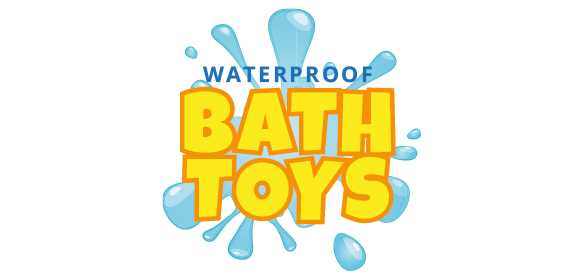
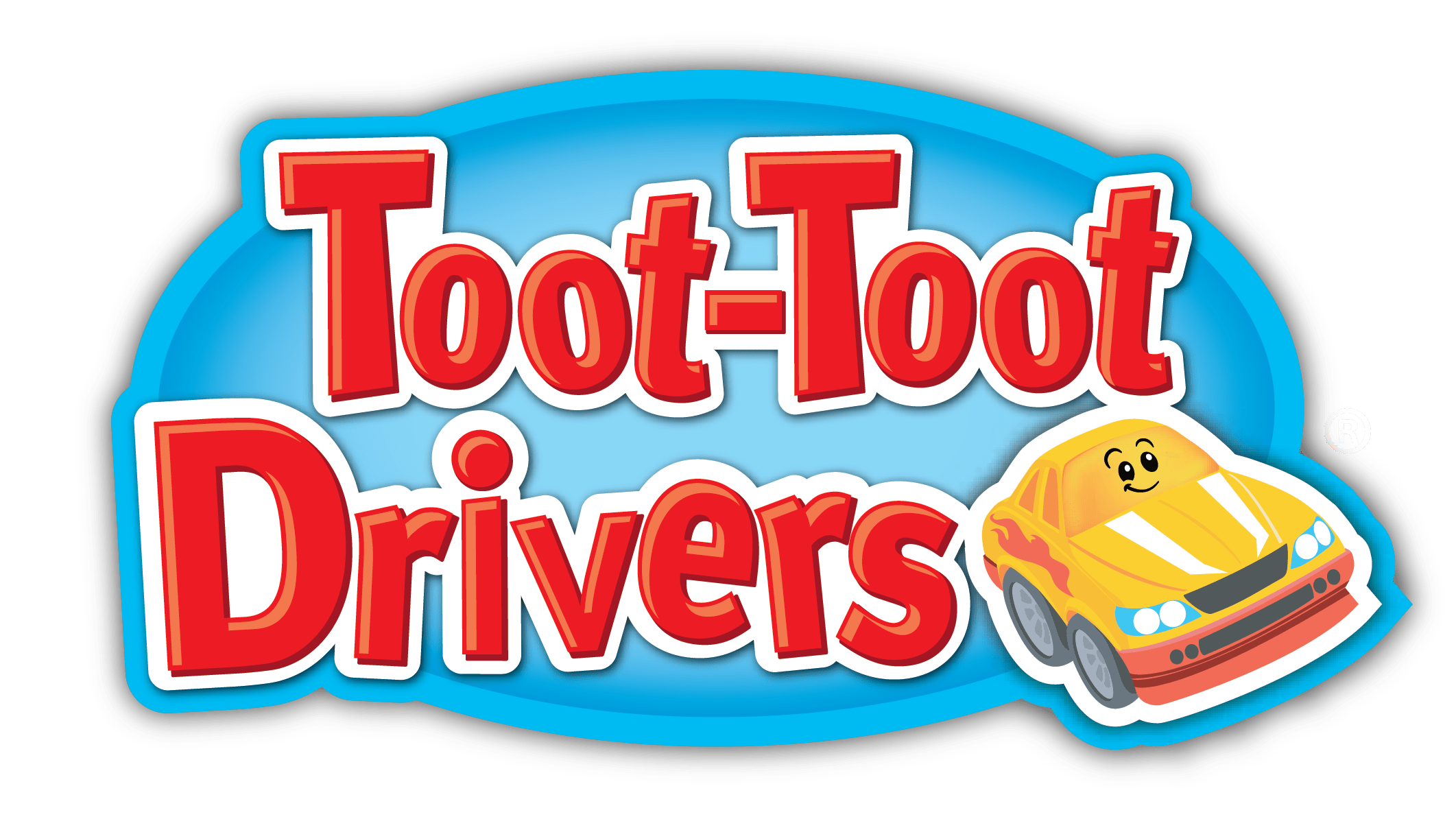



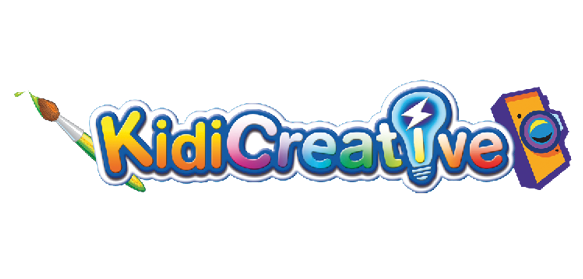

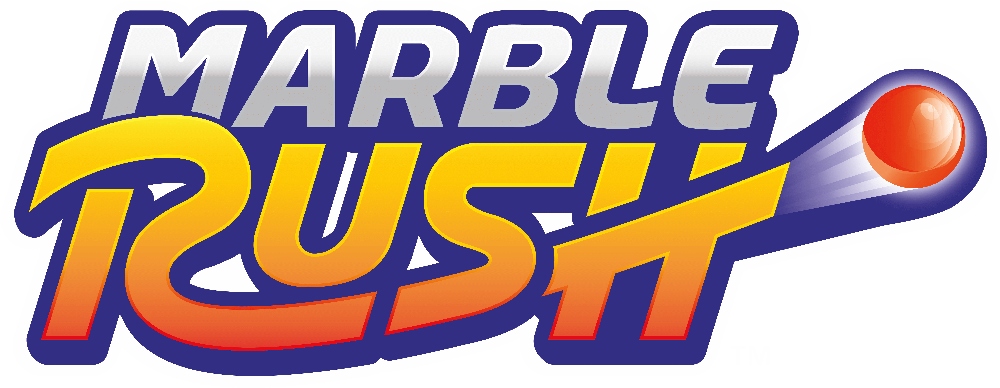
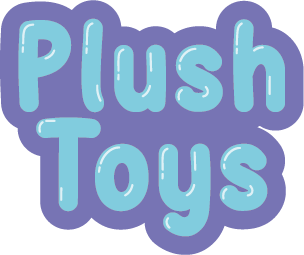

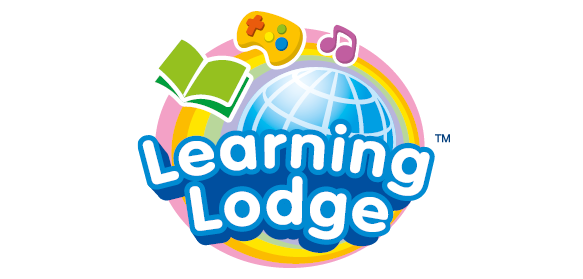 Download
Download

